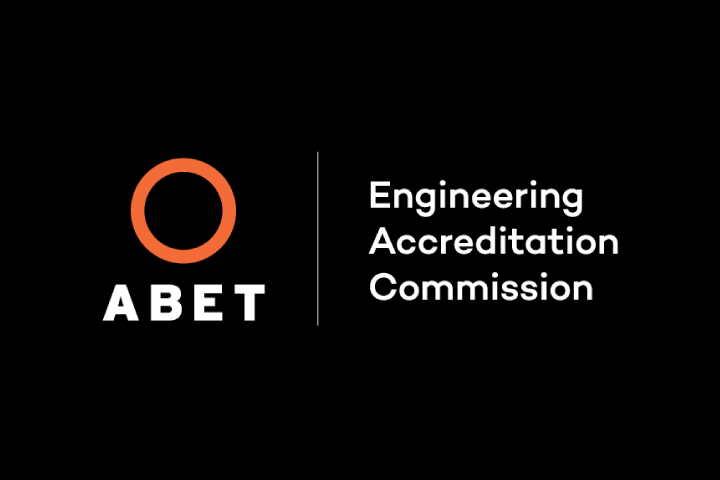The civil engineering program provides instruction in the basic sciences and in engineering analysis and design. Areas of interest within civil engineering include environmental and sanitary engineering, geotechnical engineering, highway, and transportation engineering, hydraulics and hydrology, ocean engineering, and structural analysis and design.
ABET & Requirements

ABET & Requirements
The program leading to the Bachelor of Science degree in Civil Engineering is accredited by the Engineering Accreditation Commission of ABET, https://www.abet.org, under the commission’s General Criteria and Program Criteria for Civil and Similarly Named Engineering Programs.
Units Required
The total number of units required for the Bachelor of Science degree in Civil Engineering is 122 units, of which 101 units are in the major. Consult with an advisor for the specific number of units required in all areas of the degree, including GE and free electives.
Curriculum Sheets and Roadmaps
Civil Engineering BS Degree Curriculum Sheet
Click on the link below to view and download the Civil Engineering BS Degree Curriculum Sheet.
Area of Specialization
The value of construction put in place in the United States is around $1.5 trillion per year, making the construction industry one of the main pillars of the economy. To effectively create our built environment, the Construction and Engineering Management specialization prepares students to manage the design, planning, construction, and operation of projects ranging from buildings to infrastructure systems. Furthermore, students learn different techniques to assess and improve the performance of such construction projects through using technology and applying best practices. (Prof. Ibrahim)
Environmental engineers design and supervise systems to provide safe drinking water and prevent and control air, water, groundwater, and land pollution. They are involved in the design of water treatment and distribution systems, wastewater collection and treatment facilities, and the containment of hazardous wastes. (Prof. Khodayari, Prof. Menezes)
Geotechnical engineers analyze the properties of soil and rock that support and affect the behavior of structures, pavements, and underground facilities. They evaluate the potential settling of buildings, the stability of slopes and fills, the seepage of groundwater, and the effects of earthquakes. They assist in designing and constructing earth structures, building foundations, offshore platforms, tunnels, and dams. (Prof. Kwan, Prof. Tufenkjian)
Hydraulic and water resources engineers deal with all aspects of the physical control of water. They analyze and predict water demand, supply, and run-off and work to prevent floods, supply water, protect beaches, and manage rivers. They construct and maintain hydroelectric power systems, canals, locks, port facilities, and offshore structures. (Prof. Lopez, Prof. Menezes)
Structural engineers plan and design all types of structures, including bridges, buildings, dams, tunnels, tanks, power plants, transmission line towers, offshore drilling platforms, and space satellites. Structural engineers analyze the forces a structure will encounter and develop a design that will withstand those forces. The structural engineer selects structural components, systems, and materials that will provide adequate strength, stability, and durability. Structural dynamics is a specialty within structural engineering that accounts for dynamic forces on structures such as those resulting from earthquakes. (Prof. Nazari, Prof. Purasinghe, Prof. Rodriguez-Nikl)
Transportation engineers are involved with the safe and efficient movement of both people and goods. They design and maintain all types of transportation facilities, including highways, mass transit systems, railroads and airfields, ports, and harbors. (Prof. Hashemian, Prof. Mazari)
Department of Civil Engineering
5151 State University Drive, Los Angeles, CA 90032
Office Location: Building E&T, Room A-212
Office Tel: 323-343-4450, Office Fax: (323) 343-6316
Email: [email protected]
Office Hours: 9:00 a.m. - 5:00 p.m., Monday - Friday